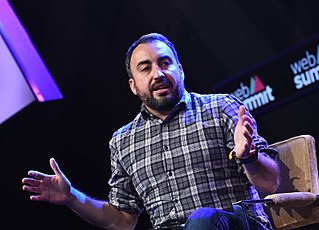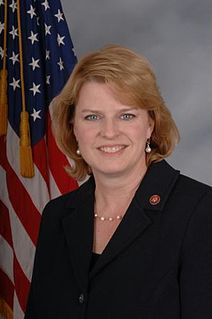A Quote by Jan Schakowsky
Americans have a right to the security of their personal information, and the entities that hold personal information have a responsibility to protect it.
Related Quotes
We see it in attempts on Capitol Hill to impose gag rules on rules on doctors on what they can say to their patients about family planning. And we certainly see it now with an effort by the government to tap our phones; invade our medical records, credit information, library records and the most sensitive personal information in the name of national security.
It didn't really change my opinion about [Edward] Snowden all that much, but I definitely feel like as a culture, it gave us information that generated a responsibility to protect ourselves as much as we can and also a responsibility to hold our government accountable to honoring our constitutional rights.
I think that I would really like at first for the art to speak for itself. I don't see the need for a lot of personal information about my past or who I am. I would rather the personal side of it just be in the concepts and the genuine feelings that I filter through my work. I know that it's inevitable that people can find whatever they want about me. Once I've had a chance to create a language and a world with my art, then I'm more comfortable sharing that information.
Our investigation looked at whether there is evidence classified information was improperly stored or transmitted on that personal system, in violation of a federal statute making it a felony to mishandle classified information either intentionally or in a grossly negligent way, or a second statute making it a misdemeanor to knowingly remove classified information from appropriate systems or storage facilities.
There is a profound injustice at the heart of the American economy. You look at the media and realize that these corporate-run commercial entities are failing to give Americans the information they need to make informed choices. You look at the food we're eating and the obesity epidemic and realize there is something fundamentally wrong about our nutritional habits. So across the board there is something fundamentally unjust about every aspect of our personal lives.


































